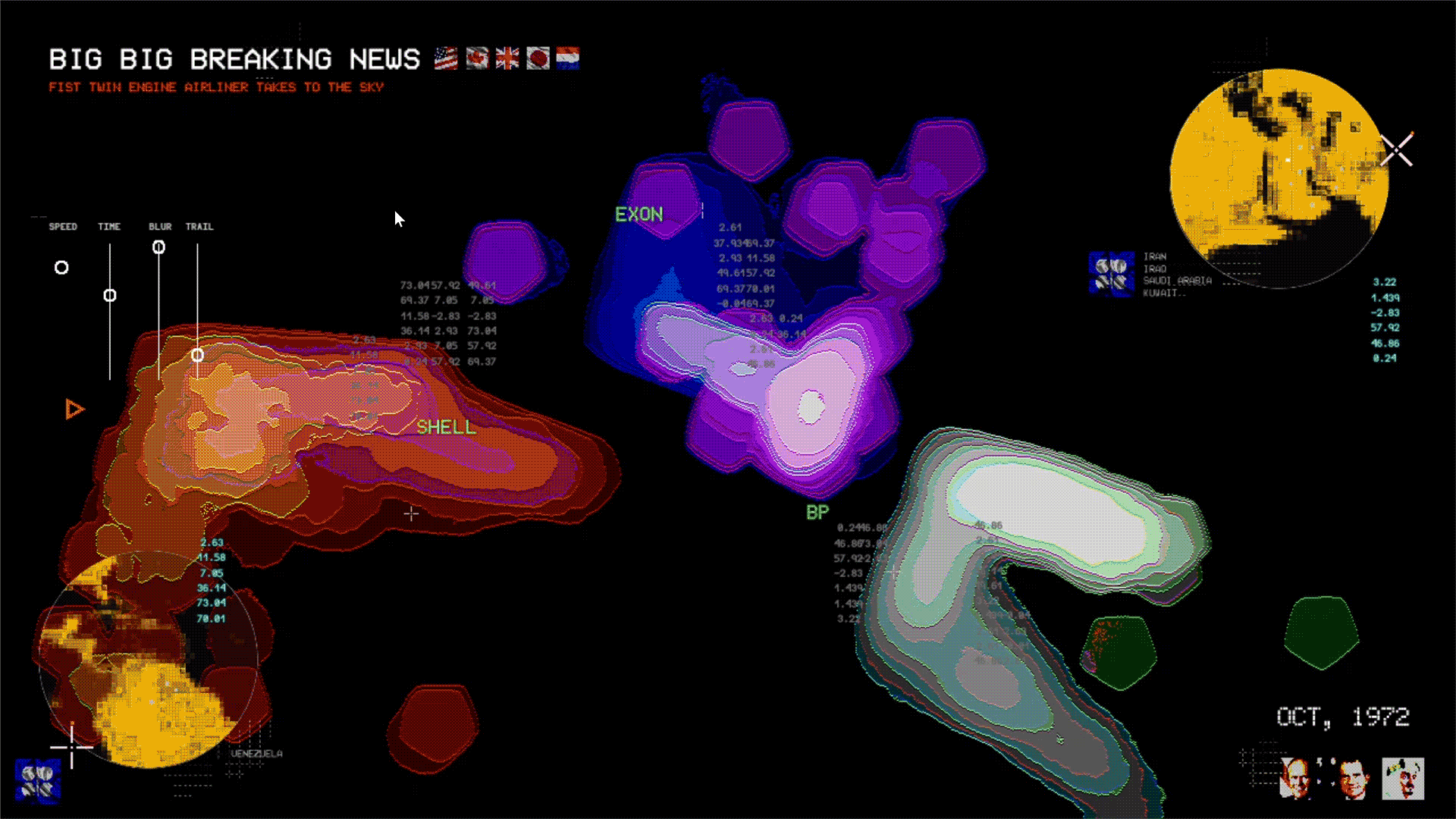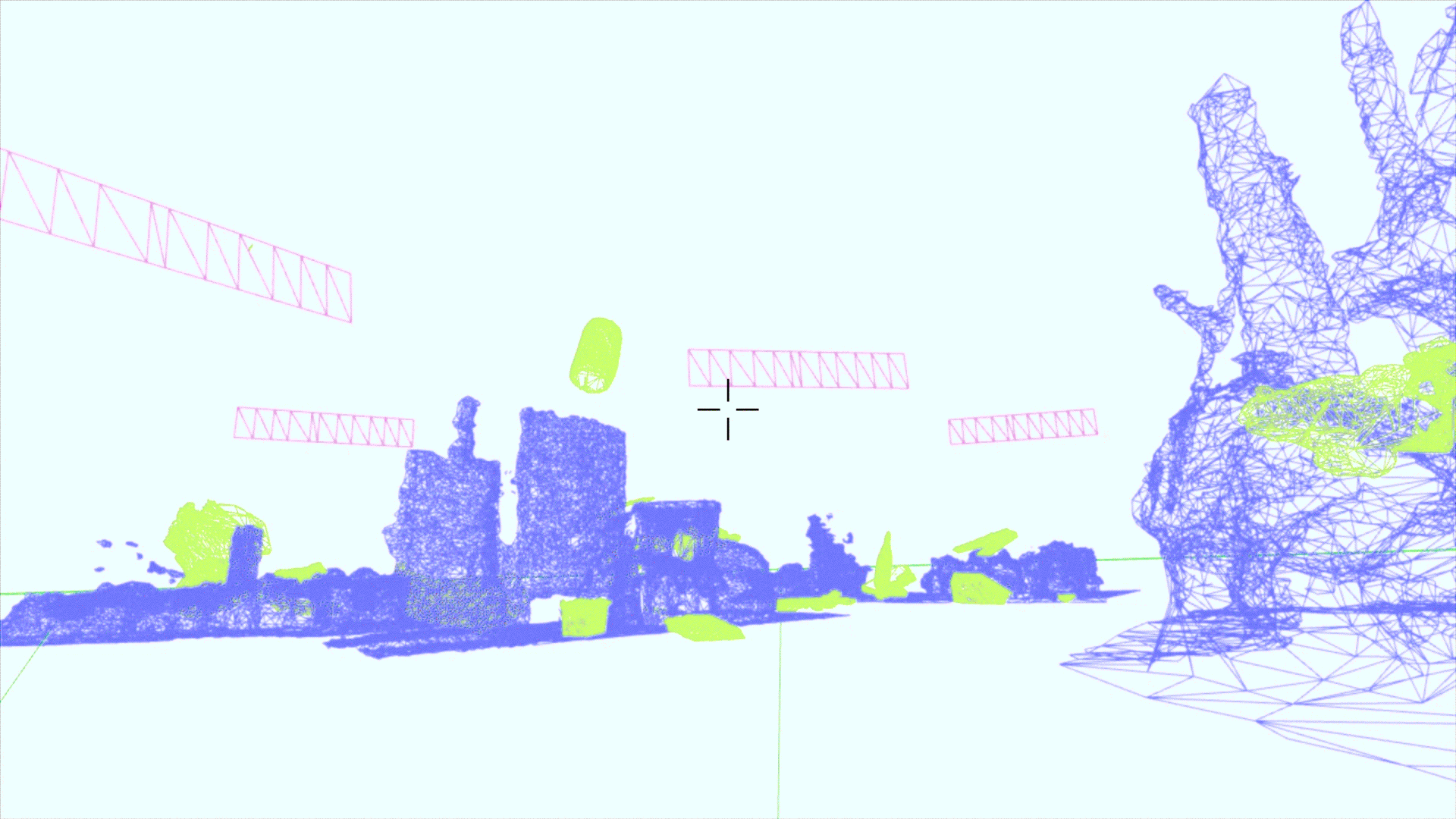Realtime
Advanced Special Topics Seminar, Fall 2019 & Spring 2020 (co-taught with Greg Schleusner at The Irwin S. Chanin School of Architecture The Cooper Union)
This course explores, modifies, and develops a suite of real-time architectural design assist tools using the Unreal Gaming Engine. To date, real-time software has predominantly been used in the architecture field to visualize environments and allow users to experience projects at the end of the design process. This course will reverse this process and use real-time software as the generator of architectural design. The course does this by problematizing the application of external constraints to the production of architecture.
From zoning envelopes, to functional requirements, from budgetary realities, to material performance, the architectural design process constantly responds to constraints. These constraints are modeled and represented through land use plans, bubble diagrams, spreadsheets, or even rapid prototyping. These methods of representation have become industry standards, and most projects are at some point visualized, tested, and developed in concert with some type of constraint and convention of representation. In this course, we will model constraints that escape static visualization, but are desirous to industry and academia as design drivers. We will leverage the Unreal Engine’s dual ability to handle computationally intensive tasks on the GPU, and capacity to synthesize multiple datasets into a single visual domain to produce—and design with—a suite of dynamic architectural constraints. We will do this by experimenting with and producing new conventions of representation.
Student will work in teams to develop a research project in the Unreal Engine that explores simple constraints like zoning information, with more complex constraints like structural, wind, seismic, and energy forces, data driven global warming scenarios, as well as emerging drivers like autonomous navigation, crowd simulation, user-occupancy behavior, and IOT networks. Through weekly lectures, demos, and technical workshops, students will be provided with the introductory skills and concepts to develop real-time applications in the Unreal Engine that can be published as standalone Virtual Reality experiences, Augmented Reality smartphone apps, and/or as an online WebGL applications.
Weekly Technical Demos
Multi-agent Spawner
AI System
Non-linear Narratives in Sequencer
Object Interactions
Weekly Seminar Lectures
Real-time Computation
Climate Crisis
Visual Attention
The Street
Trump Tweets





